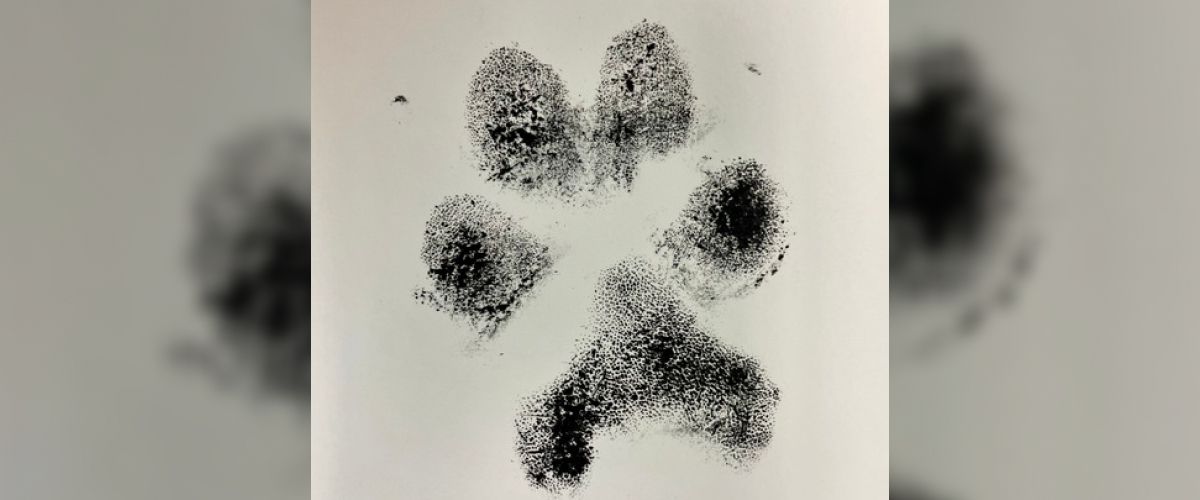Collapsing Episodes in Senior Pets
Collapsing episodes in senior pets can be a distressing experience for pet owners. These episodes typically involve a sudden loss of strength or consciousness, causing the pet to fall or appear disoriented. In older pets, collapsing is often linked to underlying health conditions that require immediate attention. Understanding the causes and symptoms of collapsing in senior pets can help pet owners take the right steps to ensure their furry companions receive appropriate care.
Common Causes of Collapsing Episodes in Senior Pets
One of the most common causes of collapsing in older pets is heart disease . Conditions such as congestive heart failure (CHF) or arrhythmias (irregular heartbeats) can prevent the heart from pumping blood effectively, leading to fainting or sudden weakness. Large dog breeds may also suffer from dilated cardiomyopathy , a condition where the heart muscles weaken, contributing to collapsing episodes. Along with heart-related causes, respiratory issues such as chronic obstructive pulmonary disease (COPD) or laryngeal paralysis can reduce oxygen flow to the brain, causing fainting spells and difficulty breathing.
Another possible cause of collapsing in senior pets is neurological disorders . Conditions like seizures can cause a sudden loss of balance or consciousness, while vestibular disease —common in older dogs—leads to disorientation, head tilting, and falls. Additionally, metabolic or endocrine disorders such as hypoglycemia (low blood sugar), hypothyroidism , or Addison’s disease can contribute to fainting or weakness. These conditions often lead to sudden changes in energy levels and can result in a pet collapsing unexpectedly.
Senior pets also face increased risk from musculoskeletal problems . Conditions such as arthritis or spinal disc issues (like intervertebral disc disease) may cause pain and instability, leading to sudden collapses, particularly after activity. Heat stroke and overheating can also be dangerous for older pets, especially for breeds with short noses like Pugs and Bulldogs. These pets are prone to heat exhaustion , which can quickly result in collapse if they are overexerted or exposed to hot conditions.
In some cases, dehydration or blood disorders like anemia can lead to collapsing episodes in older pets. Dehydration often results from inadequate water intake, while anemia causes a lack of red blood cells, reducing oxygen flow to vital organs and leading to weakness or fainting. More severe conditions like internal bleeding or blood clots can also cause a sudden loss of strength or collapse.
What to Do if Your Senior Pet Collapses
If your senior pet collapses, it’s crucial to remain calm and check for signs of breathing and a heartbeat. Move your pet to a cool, quiet area and ensure they are comfortable. While some collapsing episodes may be brief, it’s essential to seek veterinary care as soon as possible to diagnose the underlying cause. Your vet may perform tests such as blood work, X-rays, or ultrasounds to determine the root issue. In the meantime, observe any patterns or triggers, such as time of day, activity levels, or exposure to heat, which may help identify potential causes.
Collapsing episodes in senior pets should never be ignored, as they are often a sign of serious health issues. Early diagnosis and treatment are key to managing these conditions and improving your pet’s quality of life. If your pet has experienced any collapsing episodes, consult your veterinarian promptly to ensure they receive the care they need.
The post Collapsing Episodes in Senior Pets appeared first on Angelpaw.







